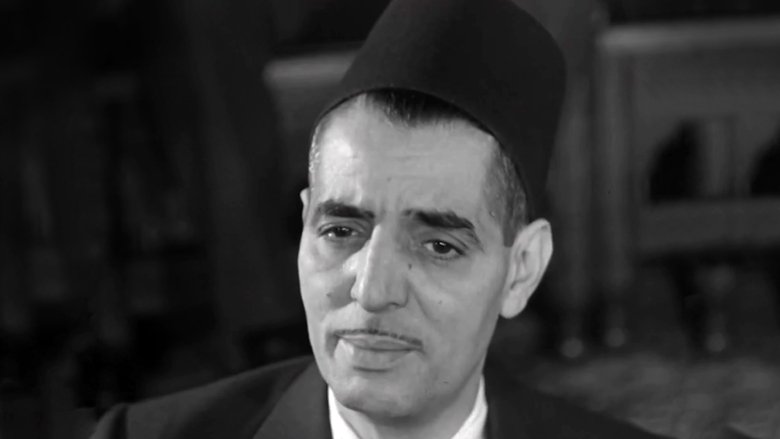Laibulale yathu yama kanema ndi makanema imatha kungosinthidwa kapena kutsitsidwa ndi mamembala okha
Pitilizani kuonera KWAULERE ➞Zimatengera mphindi zochepa kuti 1 Lowani kuti musangalale ndi Makanema Opanda malire & ma TV.

العنقة (El Anka) (1981)
1/4 - In 1925, the young M’hamed El Anka replaced his master Nador at short notice. He realizes that he is far from mastering all the instruments of his art and begins a self-taught training program in Oud, the Arabic language, and religious singing in the hadra of Sidi Abderrahmane. 2/4 - In 1932, the young El Anka released 10 45 rpm records in Paris, including the first song from his composition "L'Exil". He is gradually “lightening” the Andalusian heritage. He made the pilgrimage to Mecca and wrote the famous song "El Mendouza". 3/4 - The 40s and 50s will confirm the maturity of the master, who consolidates the constituent elements of what is today called Chaâbi music. In the midst of the national liberation struggle, El Hadj M'hamed El Anka triumphs with the song "Youm El Djemâa". 4/4 - In 1962, El Anka sang of independence: "El hamdou lilah, mabqach listaâmar fi bledna". Activist, poet and musicologist Bachir Hadj Ali explains the artist’s exceptional style.
Mtundu: Documentary, Music
Osewera: El Hadj M'hamed El Anka, Bachir Hadj Ali, Himoud Brahimi, Djohra Bachene, Cheikh Namous
Ogwira ntchito: Abdelkrim Baba Aissa (Director), Abdelkrim Baba Aissa (Writer), Thameur Zebda (Sound), Akli Metref (Director of Photography), El Hadj M'hamed El Anka (Music)
Subtitle:
![]()
![]()
![]()
![]()
![]()
![]()
![]() ETC.
ETC.
Tulutsani: Jan 01, 1981
Kutchuka: 0.825
Chilankhulo: العربية
Situdiyo: Entreprise Nationale de Production Audiovisuelle (ENPA)
Dziko: Algeria

